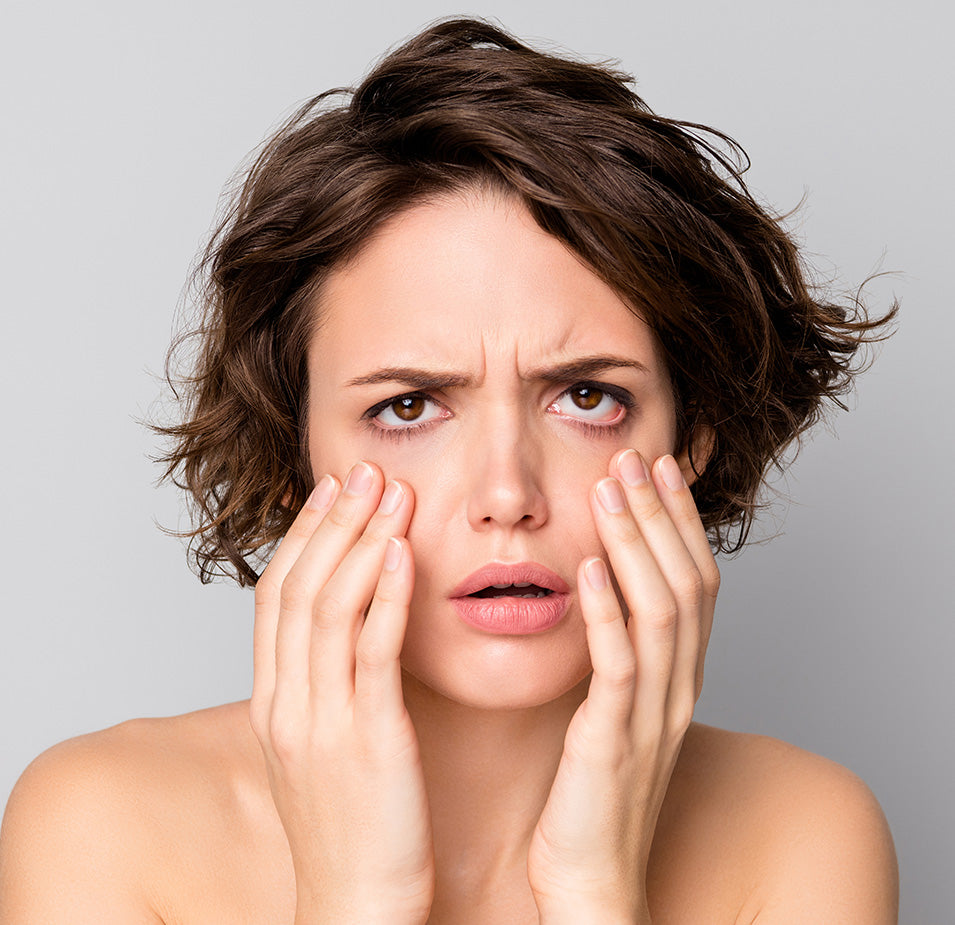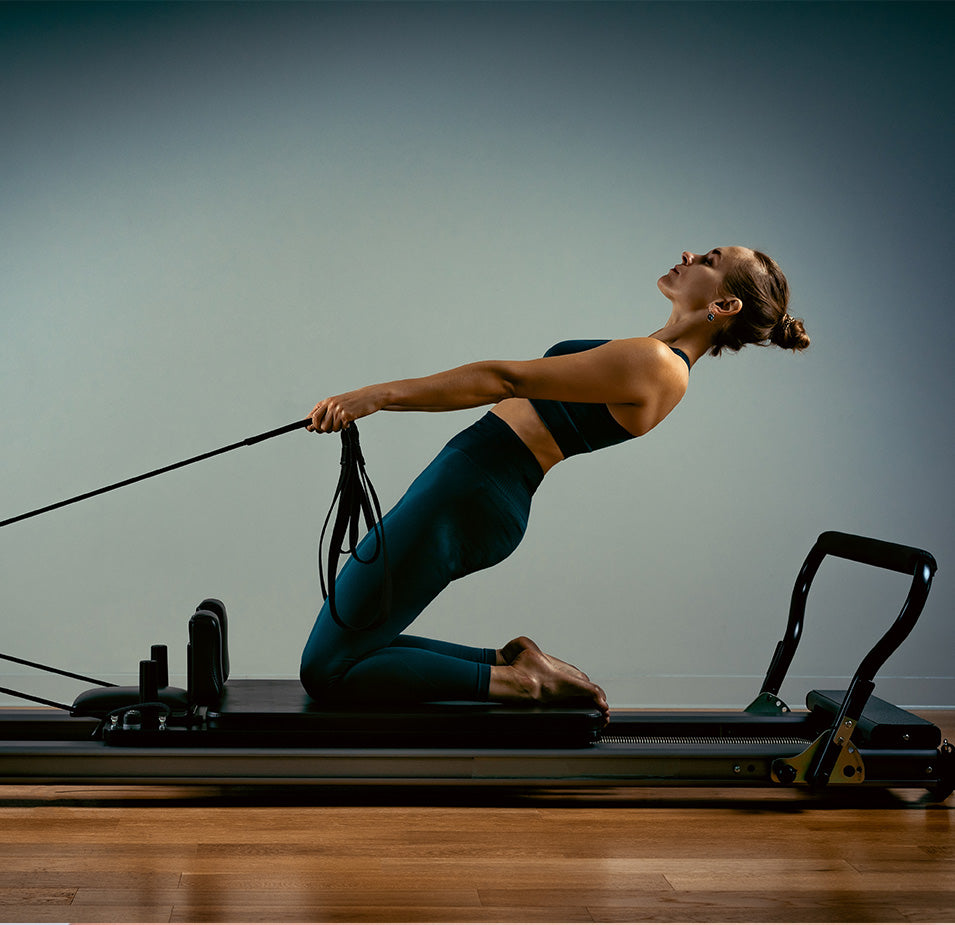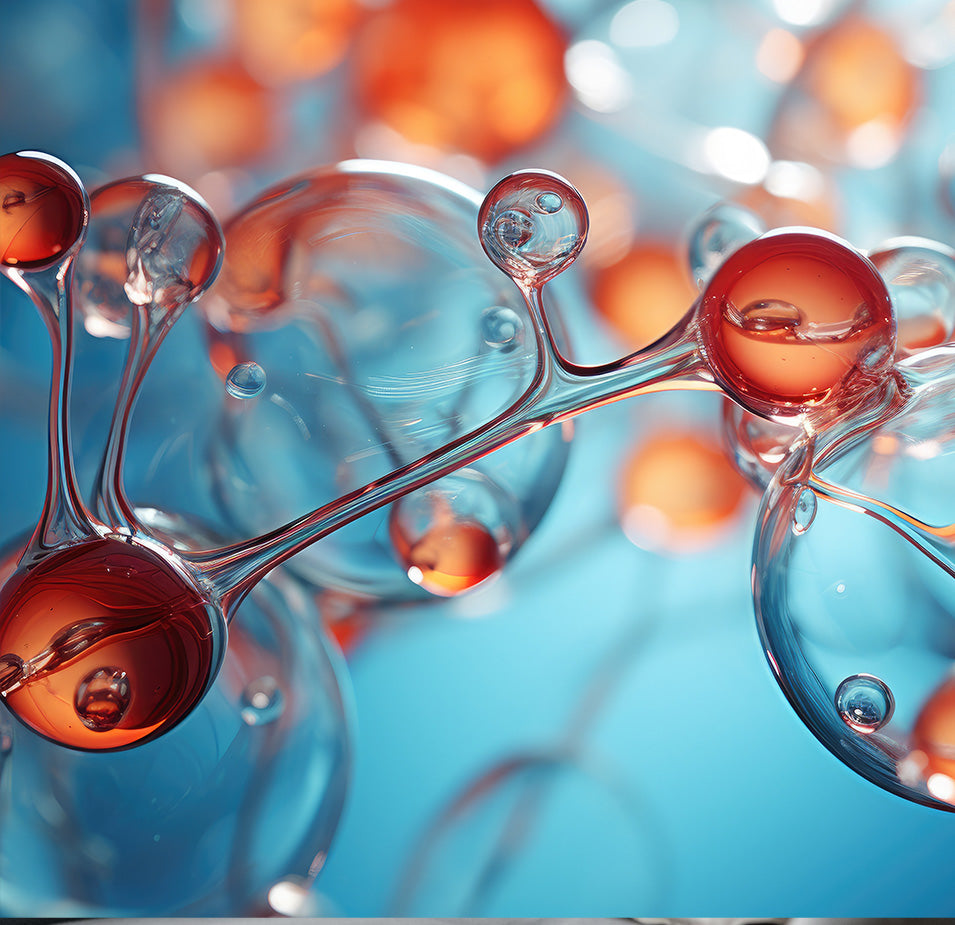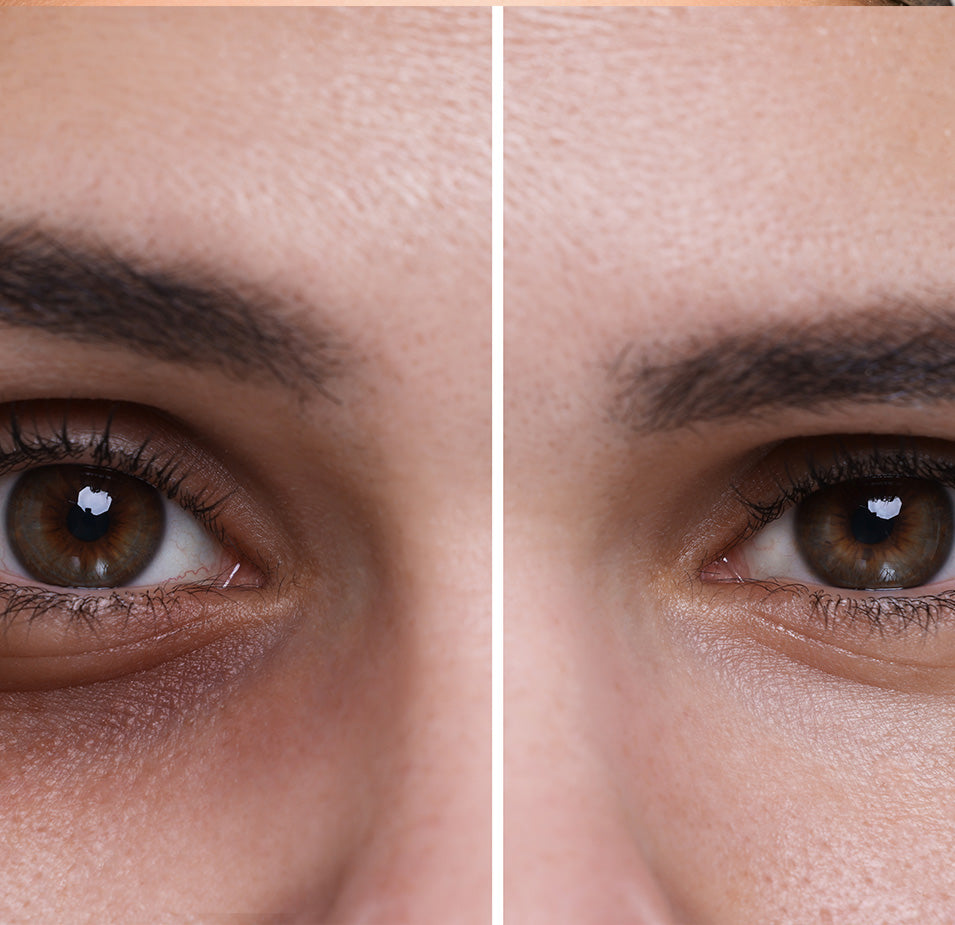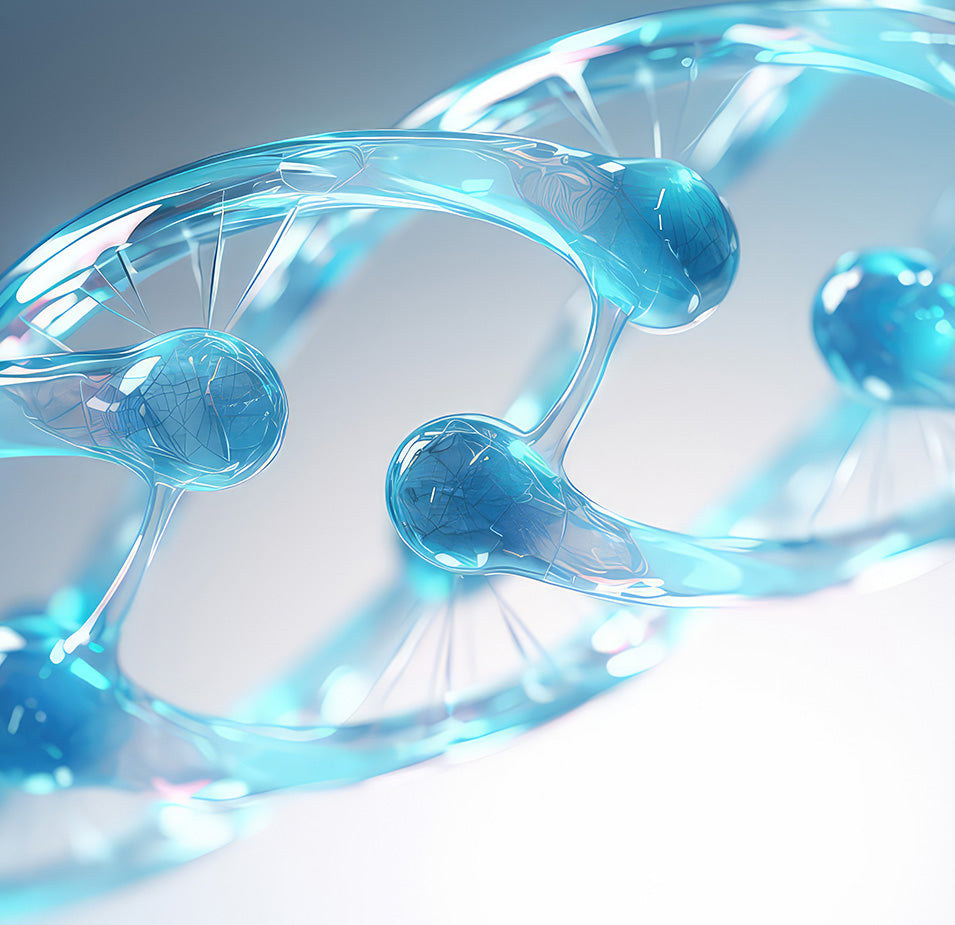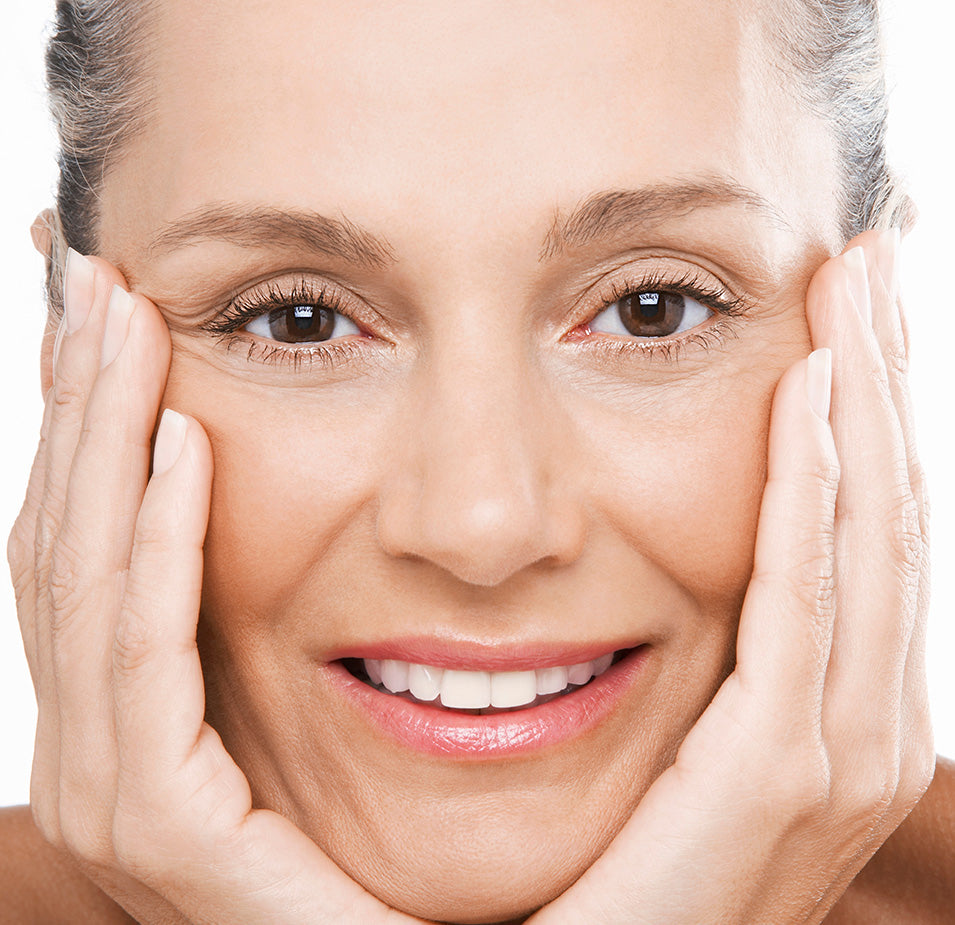
Aging is an inevitable process affecting all organs and tissues of the body. As you grow older and wiser, it’s healthy to embrace the natural progression of aging and the associated changes that arise. However, there may be some extra steps you need to take to preserve the health and vitality of your skin.
The fact that people of different ethnicities age differently is well-established in the scientific literature—yet most anti-aging skincare products are marketed as across-the-board solutions, with no attention paid to ethnicity or genetics. By understanding how these factors help determine your skin type, you can finally choose the right anti-aging skincare products to support youthful, glowing skin that looks as healthy as it feels.
How Does Ethnicity Impact the Aging Process?
Like most people, you may be unaware of the fact that your skin type has a lot to do with your ethnic background. You are not to blame for this knowledge gap; virtually the entire cosmetics and personal care industry has overlooked this, too. But empowering yourself with the facts of aging and ethnicity is a huge step towards achieving optimal skin health.
There are a variety of structural and functional differences in skin types based on race and ethnicity, which result in varied patterns of skin aging. Different ethnic groups develop signs of aging, like wrinkles, freckles, and skin sagging, at different paces and in different ways.
Research has shown that people with darker complexions develop wrinkles much later in life compared to their light-skinned peers, but may be more susceptible to hyperpigmentation. Individuals with lighter skin tone may experience skin sagging, wrinkles, and fine lines earlier on, but are less likely to face issues with uneven skin tone.
Effective skincare solutions must take into account the unique needs of each skin type. A product that is suitable for a fair-complexioned person of Scandinavian roots may not work for a person of Indian or Asian identity. Likewise, the best anti-aging products for African American skin are unlikely to be suitable for light-skinned people. All skin tones are beautiful, and each has characteristics that should be properly recognized and treated in skincare.
Why do people in the same age group age differently?
Aging differences among ethnic groups are largely based on varying concentrations of melanin (skin pigment), as well as skin structure and thickness.
While a higher concentration of melanin makes darkly pigmented individuals more susceptible to hyperpigmentation (or uneven skin tone), the presence of a thicker and more compact outer skin layer helps conceal fine lines of aging.
Wrinkles and fine lines are more prevalent in light-skinned individuals because they are more prone to sun damage. The lack of melanin in fair skin heightens sensitivity to UV radiation, sunburn, and oxidative damage, all of which lead to photoaging (or physical signs of aging brought about by sun exposure). For the same reason, Caucasians are also at much higher risk of developing skin cancers.
In people with more deeply pigmented skin, the richer melanin content confers a sun protection factor (SPF) of up to 13.4. This helps guard against photoaging and skin cancers. However, an abundance of melanin can lead to over-production of pigmentation, causing an uneven or splotchy skin tone.
What happens in the body as we age?
The human body is made up of trillions of cells. Every cell in the body has a special job to perform. Over time, cells grow weary and die off because of factors like metabolic changes, chemical wear and tear, and hormone fluctuations. The body then generates fresh, new cells to pick up where the dying cells left off.
With advancing age, the body loses its capability to replace dying cells with new ones. As cell turnover declines, tissue and organ function begins to slow down.
A variety of things can contribute to this slowdown in cell turnover. For example, menopausal women naturally experience a decline in estrogen, which impacts the cell regeneration process and advances physical signs of aging. A high-stress lifestyle or excessive drug and alcohol consumption can also damage cell reproduction and accelerate aging.
On the other hand, people who consume a well-balanced, nutritious diet are able to support healthy cells for longer. This helps to extend the skin’s longevity and maintain a youthful appearance.
How does aging affect your skin?
Over time, muscle tissue, skin cells, and even bones can soften and lose structure. This causes changes in facial composition and appearance.
The most common physical signs of aging include:
- Changes in texture
- Appearance of fine lines and wrinkles
- Sagging
- Loss of firmness due to volume loss
- Uneven skin tone
- Sunspots
These signs arise from changes occurring from the inside out, including moisture retention, circulation, and collagen production.
What causes skin aging?
Scientists all around the world are continually investigating ways to maintain healthy and radiant skin throughout the aging process. Many scientific and clinical studies have discovered that custom management regimens according to ethnicity and genetic factors yield fruitful results.
According to Neelum Vashi, Director of the Center for Ethnic Skin at Boston Medical Center, aging can be traced to a number of influences like exposure to environmental agents, nature and type of skin, genetics, and ethnicity. These can be categorized into internal and external factors.
External factors are related to choices that we make in terms of lifestyle, environment, and diet that can impact our skin health. These include:
- Nutrition: People who consume a well-balanced, antioxidant-rich diet are less likely to develop premature signs of aging.
- Climate: People who live in extreme weather conditions are at higher risk of developing earlier signs of aging.
- Skincare and cosmetic products: People who follow a healthy skincare regimen and use quality cosmetics enjoy young skin for longer.
Internal factors impacting aging may be more difficult to control, but there are steps you can take to manage these conditions. They include:
- Genetics: Hereditary diseases are genetically transmitted. If you are carrying a faulty or mutated gene, you may be at a higher risk of developing health issue that results in premature signs of aging.
- Hormonal status: With advancing age, the secretion of hormones that promote cell rejuvenation and longevity declines. This can result in advanced physical aging.
If you think either of the above internal factors may apply to you, work with your healthcare provider or dermatologist to identify and treat the issue.
Why is it important to delay skin aging?
Treating your skin with care as it ages is not just about superficial beauty or enhancing your cosmetic appearance. It’s also about protecting your skin from damage and disease.
Aging skin is less capable of withstanding stressors like sun exposure and toxins. By applying anti-aging skincare treatments, you are strengthening your skin’s barrier and preserving its vitality.
How to slow down the aging process naturally
Armed with this knowledge about your skin type and how it ages, you are probably wondering how to reverse aging skin. Here are the best proven anti-aging tips to maintain a youthful, radiant glow and keep your skin healthy:
- Avoid prolonged sun exposure. UV rays damage the superficial skin layers and aggravate the aging process. Make sure to use sunscreen with at least 30 SPF when you are outdoors. Even better, cover up with a hat to block sun rays.
- Consume a healthy, well-balanced diet. Nutrition is absolutely essential for your skin health. Incorporating abundant proteins, fruits, vegetables, vitamins, and minerals while avoiding processed or sugary foods will work wonders for your skin. Keeping alcohol consumption to a minimum will also make a major difference when it comes to your skin.
- Drink plenty of water. When your body is well-hydrated, your skin will show it. Plump, happy skin requires sufficient water intake.
- Exercise daily. We all want to get that post-workout glow. Healthy movement improves your metabolism and boosts blood circulation to your skin, resulting in a livelier, clearer complexion.
- Follow a good skincare routine. This includes moisturizing daily, applying sunscreen, washing your face with mild soap and water, and removing makeup before bed. To get the most out of your skincare and avoid unwanted side effects, make sure to choose customized products that are designed for your skin type.
References
- Rawlings, A. V. (2006). Ethnic skin types: are there differences in skin structure and function? International journal of cosmetic science, 28(2), 79-93.
- Davis, E. C., & Callender, V. D. (2011). Aesthetic dermatology for aging ethnic skin. Dermatologic surgery, 37(7), 901-917.
- Vashi, N. A., Maymone, M. B. D. C., & Kundu, R. V. (2016). Aging differences in ethnic skin. The Journal of clinical and aesthetic dermatology, 9(1), 31.
- Munavalli, G. S., Weiss, R. A., & Halder, R. M. (2005). Photoaging and nonablative photorejuvenation in ethnic skin. Dermatologic surgery, 31, 1250-1261.
- Tschachler, E., & Morizot, F. (2006). Ethnic differences in skin aging. In Skin aging (pp. 23-31). Springer, Berlin, Heidelberg.
- Alexis, A. F., & Alam, M. (2012). Racial and ethnic differences in skin aging: implications for treatment with soft tissue fillers. Journal of drugs in dermatology: JDD, 11(8), s30-2.

